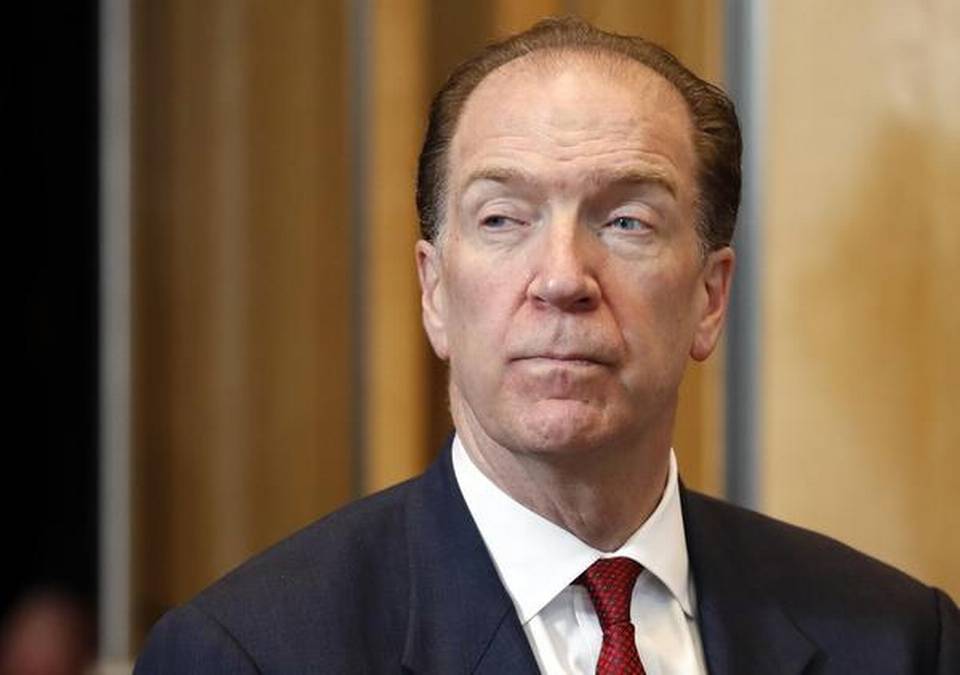...As Nigeria set to borrow $30bn abroad
Less than 24 hours former Vice President, Aitku Abubakar had warned that the ongoing move to borrow additional $30bn, has all it take to turn the ailing economy into biting debt crisis, the World Bank Thursday warned that the rate of debt pile up by mainly developing economies in the last five years has all it takes to crash some of the economies.
Only earlier in the week, the Senate President, Ahmed Lawan, gave an insight on the readiness of the National Assembly to approve the borrowing, insisting that the fund will be judiciously used by the government which is serious in bridging infrastructure deficit.
The bank warned further that “if the wave breaks, it could be more damaging since it would engulf private companies in addition to governments, at a time when economic growth is sluggish,” according to a new report that covers four debt surges from 1970-2018.
“The size, speed, and breadth of the latest debt wave should concern us all,” World Bank President, David Malpass said in a statement.
“Clearly, it’s time for course corrections,” he added.
AFP quoted the World Bank and International Monetary Fund (IMF) as having sounding the warning about growing global debt for years, but the latest report is even starker and turned up the volume on its calls for governments to take steps to prevent a debt crisis.
IMF chief Kristalina Georgieva, also on Thursday said developing nations in Africa especially need to strike the right balance between financing development and a manageable debt level.
– Surging to $188 trillion –
The IMF reported that total global debt rose to $188 trillion at the end of 2018, equivalent to nearly 230 percent of the world’s economy.
The World Bank report highlights the “striking” debt surge in emerging and developing economies, which is the “largest, fastest and most broad-based in EMDEs in the past 50 years.”
After declining during the 2008 global financial crisis, amid very low borrowing costs in just eight years since 2010, debt in these countries climbed to an all-time high of roughly 170 percent of GDP or about $55 trillion.
Much of the growth was incurred by China (equivalent to more than $20 trillion), but Beijing also has become a large lender for low-income countries.
The report warns that the current debt wave “could follow the historical pattern and culminate in financial crises in these economies,” especially if interest rates spike or if there is a sudden global shock.
Better debt management, improved tax collection, flexible exchange rates, and tighter fiscal rules to manage spending could help avert a crisis and soften the blow if one occurs, the World Bank said.
“Towering though it may seem, the latest global wave of debt can be managed,” Malpass said.
“But leaders need to recognize the danger and move countries into the safer territory in terms of the quality and quantity of investment and debt — sooner rather than later.”
His IMF counterpart, Georgieva, in a blog post-Thursday repeated her concern about the massive increase in commercial borrowing in Africa — accounting for 70 percent of the ballooning of debt.
She urged governments in the region to find a “balanced approach” to managing debt and development.
“Africa is seeking to find the right balance between financing development and safeguarding debt sustainability, between investing in people and upgrading infrastructure, between long-term development objectives and pressing immediate needs,” she said.









